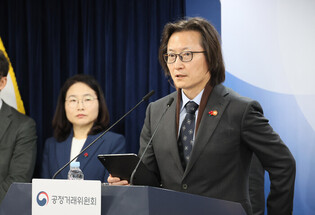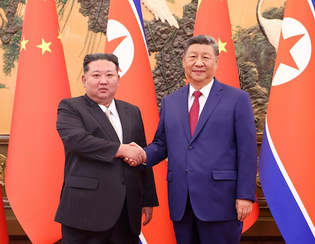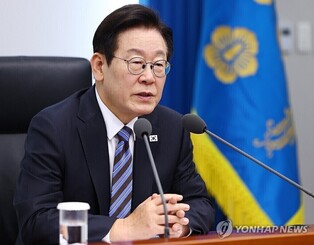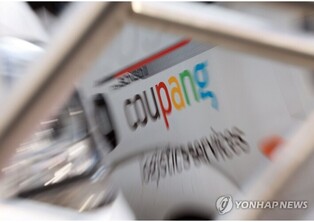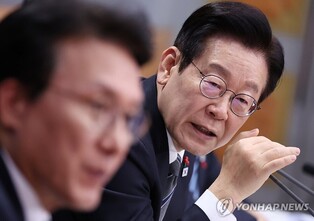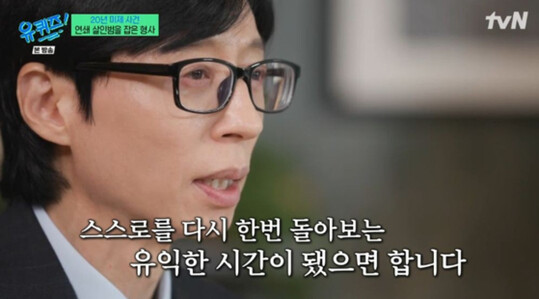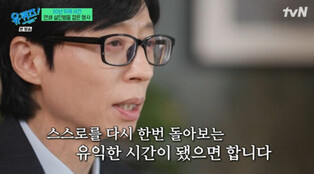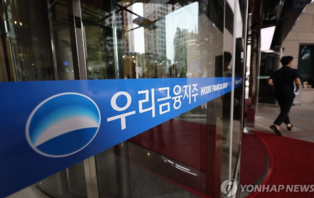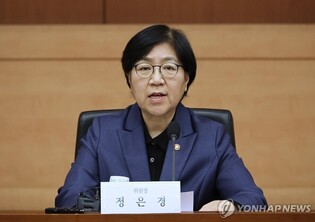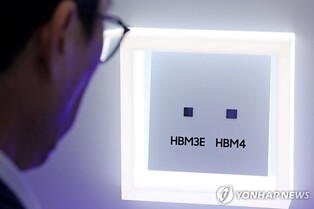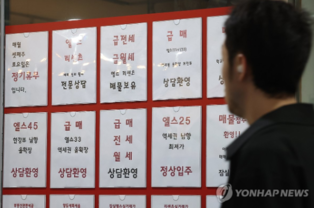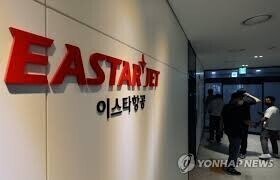 |
| (사진= 제공) |
[Alpha Biz= Kim Jisun] SEOUL / JEONJU, November 5 (local time) — Lee Sang-jik (62), founder of South Korean low-cost carrier Eastar Jet and former member of the National Assembly, was acquitted on appeal of charges that he ordered executives to hire unqualified job applicants. The appellate court overturned a lower-court ruling that had sentenced him to prison, citing insufficient evidence of direct or coercive interference in the company’s hiring process.
The Jeonju District Court’s Criminal Division 1 (Presiding Judge Kim Sang-gon) on Tuesday found Lee not guilty of obstruction of business and bribery charges. Two other defendants — former Eastar Jet CEOs Kim Yu-sang (58) and Choi Jong-gu (61) — were also cleared of the main charges, though Choi was fined ₩10 million (≈ US $7,200). A former Ministry of Land, Infrastructure and Transport official identified as “A” received a six-month suspended prison sentence for mediating the hiring of his daughter and providing business favors to the airline.
Prosecutors had accused Lee and senior executives of pressuring HR staff between November 2015 and March 2019 to hire 147 underqualified candidates, of whom 76 were ultimately employed. Investigators alleged at least 184 instances of improper involvement in screening and interview stages, including cases in which applicants lacking required language scores — or even those who never applied — were added to the final hiring list.
The lower court had ruled that Lee’s management directives amounted to the exercise of “coercive power” over HR officials and sentenced him to 18 months in prison. However, the appellate court disagreed, finding no proof of explicit coercion.
“While the defendants’ instructions may have created a sense of pressure among HR personnel, there is no evidence that these directions deprived them of independent decision-making,” the court said.
“At the time, Eastar Jet operated an internal recommendation system, and final hiring authority rested with the CEO.”
The ruling stressed that ethical or moral criticism of the hiring process could be made but that criminal liability requires clear evidence of intent and coercion, which was lacking in this case.
Alphabiz Reporter Kim Jisun(stockmk2020@alphabiz.co.kr)


















